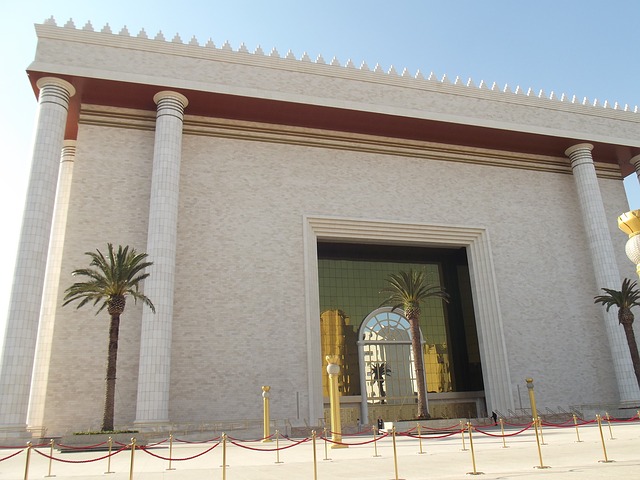When King Solomon was going through a season of wrestling with the meaning of life and the futility of it all, he had this to say about all that he built:
“So I hated life, because the work that is done under the sun was grievous to me. All of it is meaningless, a chasing after the wind. I hated all the things I had toiled for under the sun, because I must leave them to the one who comes after me. And who knows whether he will be a wise man or a fool? Yet he will have control over all the work into which I have poured my effort and skill under the sun. This too is meaningless. So my heart began to despair over all my toilsome labor under the sun. For a man may do his work with wisdom, knowledge and skill, and then he must leave all he owns to someone who has not worked for it. This too is meaningless and a great misfortune” (Ecc 2:17-21).
We know that this was a picture of Solomon’s wrestling and he came to end with understanding that the highest in life was to please the Lord. But what he says has truth in it if it doesn’t have the purpose of glorifying God in it.
A person can strive, labor, build, sweat and work their whole life only to hand it over to the next person in line. That next person if they are wise can make your ceiling their platform to build higher. Or they can destroy it all and there be nothing left of it. A lifetime of work can disintegrate into nothing just with the next person who receives the fruit of your labor.
King Asa was a righteous ruler and when he died, he handed the kingdom over to Jehoshaphat. He was mostly a righteous a leader and when he died, he handed the kingdom over to his firstborn, Jehoram. And all that Asa and Jehoshaphat died was demolished in a few short years.
Jehoram started out by slaughtering all his brothers so they wouldn’t be a threat to his throne. Then he restored the high places and the idolatry. He did what was evil and the Lord may have destroyed him, except that God had promised a descendant of David would always remain on the throne. And Jehoram was the living descendant of David. At great pain the Lord honored the covenant he made with David.
After a season though the Lord had enough. He allowed armies to rebel against Israel and he sent a debilitating intestinal disease to Jehoram. He was miserable sick for several years and ended up dying when his intestines came out of his body (rectal prolapse).
Jehoram so quickly undid all that had been good in the land, that it was said of him,
“He died to no one’s regret” (2 Chr 21:20).
Times can change awfully fast depending on those who assume leadership for the next generation–be it a wise one or a fool, to bless the land or curse it.
Let’s pray for our leadership.

